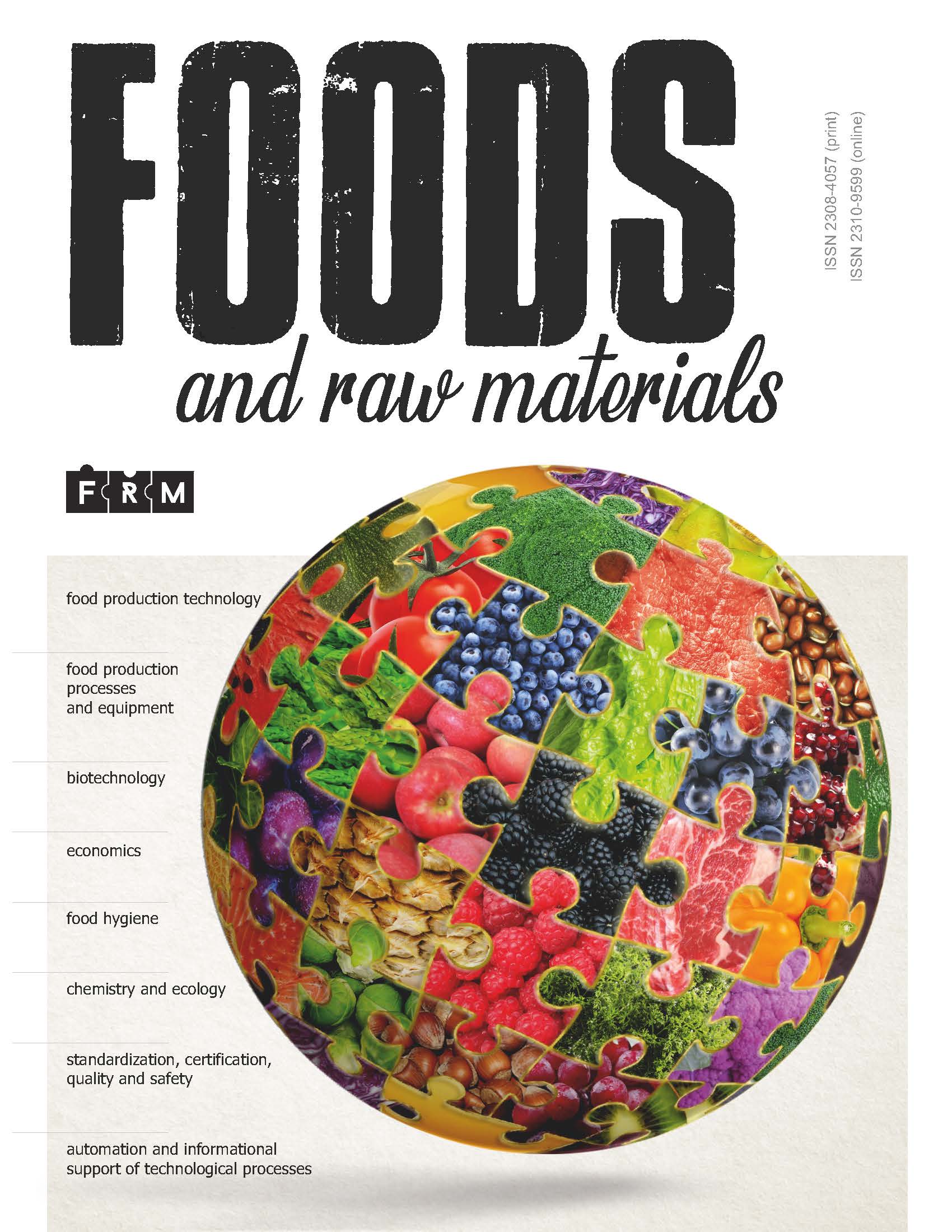Aromatic plants are a valuable source of biologically active substances. The use of aromatic plant processing products in the pharmaceutical, perfume and cosmetic, and food industries is of great interest. The search for new plant sources of biologically active substances and the study of their composition and properties are still topical. Fennel (Foeniculum vulgare Mill.) is a promising aromatic raw material containing a number of biologically active substances. Until now, essential oils were obtained only from fennel fruits and, less frequently, from whole plants. However, fennel raw materials contain microelements and macroelements, organic acids, proteins, carbohydrates, vitamins, tannins, polysaccharides, amino acids, coumarins, and flavonoids, which make the processing of whole plants reasonable. A rich spectrum of valuable fennel components requires the search for methods of their exhaustive recovery from plant raw materials, and this can be provided only with a complex processing technology. For this reason, the objective of our work was to develop a technology for the processing of fennel, a promising plant, on the basis of the steam distillation of raw materials and the aqueous alcoholic extraction of waste solid residues remaining after the recovery of essential oil with the purpose of obtaining aqueous alcoholic extracts, to study the other types of wastes formed in the course of processing, and to determine the field of their application. A promising trend in the processing of fennel was scientifically substantiated. Some regularities in the change of the yield of fennel essential oil components and their distribution between the plant organs depending on plant vegetation stages and weather in the submountain Crimea were established. The technical maturity of plants for industrial processing was defined. Waste residues after the extraction of essential oil were studied, and some new natural biologically active products were obtained.
fennel, raw materials, processing, essential oil, aqueous alcoholic extract of fennel waste residues
INTRODUCTION
At present, the demand for natural fragrances, food additives, and flavors considerably grows. Fennel (Foeniculum vulgare Mill.) is a raw material for the production of a number of fragrances forming the basis of contemporary perfumery and cosmetics and widely applied in medicine and food industry.
Fennel is a perennial (biennial, if cultivated) herbal plant of the Apiaceae family with a height of up to 2 m. Leaves are multi-pinnatisect. Flowers are small golden-yellow and form a complex double multiradiate umbrel. Fennel fruits are fragrant, greenish-brown or grey-green, naked, costate, large, elongated and represent nearly cylindrical cremocarps, which can easily split into two mericarps after maturation [1, 2].
Fennel fruits are used in industrial processing, but their uneven maturation and fall lead to considerable harvest losses, so some studies on the processing of whole plants were performed in 1970, although the essential oil from whole plants differed from the essential oil from mature fruits in quality: the content of anethol, a principal component, was less than 60% and did not satisfied the fennel essential oil quality standard [3].
It should be noted that all the technology for the processing of fennel in the form of whole plants basically have a character of research rather than recommendation, as indicated by the fact that the attention in each communication is paid only to the yield of essential oil. The proposed technology for the processing of whole fennel plants allows the more exhaustive utilization of initial raw materials and their diversification depending on the demand for the target product.
It is commonly known that the processing of plant raw materials for the production of products of different quality and destination is accompanied by the generation of bulky waste residues at each stage. In this connection, the problem of the complex processing of essential oil and medicinal plant raw materials with the use of resource-saving technologies is topical [4, 5].
Such an approach to the processing of plant raw materials necessitates the complex studies of initial essential oil raw materials and waste residues of their processing, and also the improvement of methods for the production of essential oil, extracts, and other biologically active components. Special attention is currently paid to the development of environmentally-safe and low-waste technologies for the complex processing of plant raw materials [6].
The lack of works on the complex utilization of fennel plants has necessitated the more detailed study of the biochemical composition of raw materials and the development of complex fennel processing technologies, which must provide the most exhaustive extraction of biologically active substances with different spectra of activity.
1.
2.
3.
4.
5.
6.
7.
8.
9.
10.
11.
12.
13.
14.










